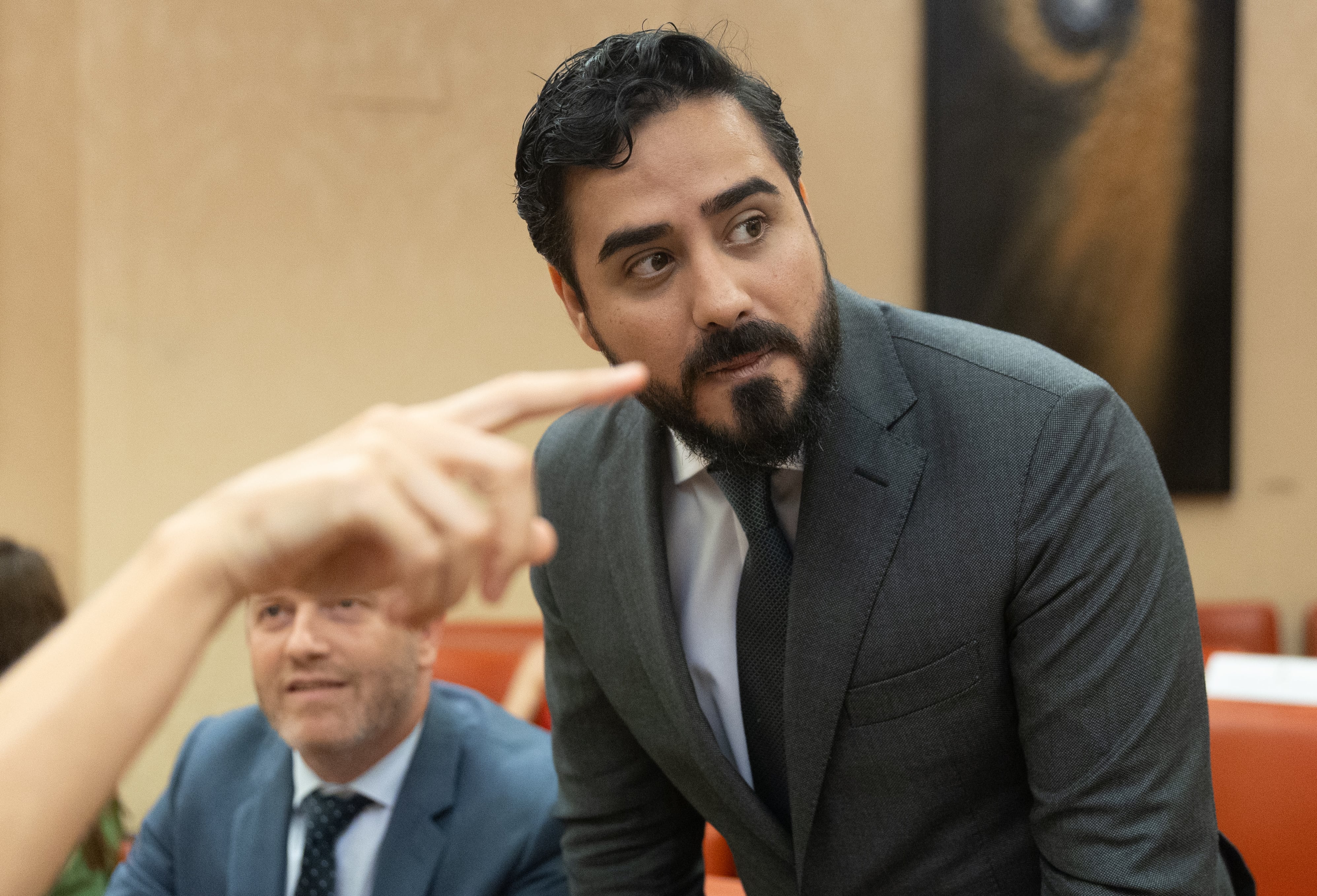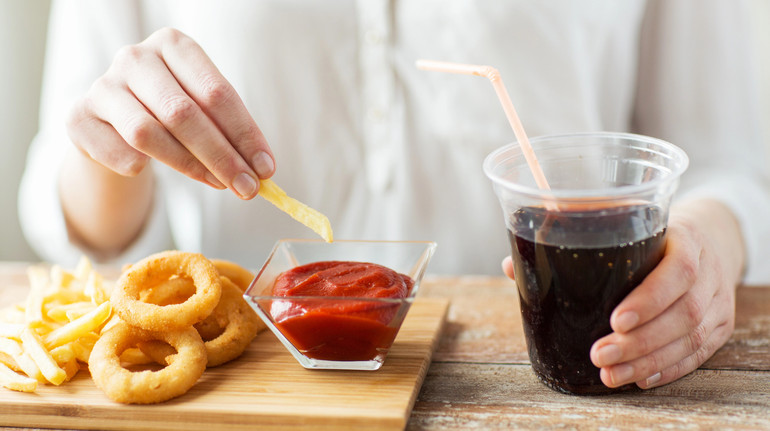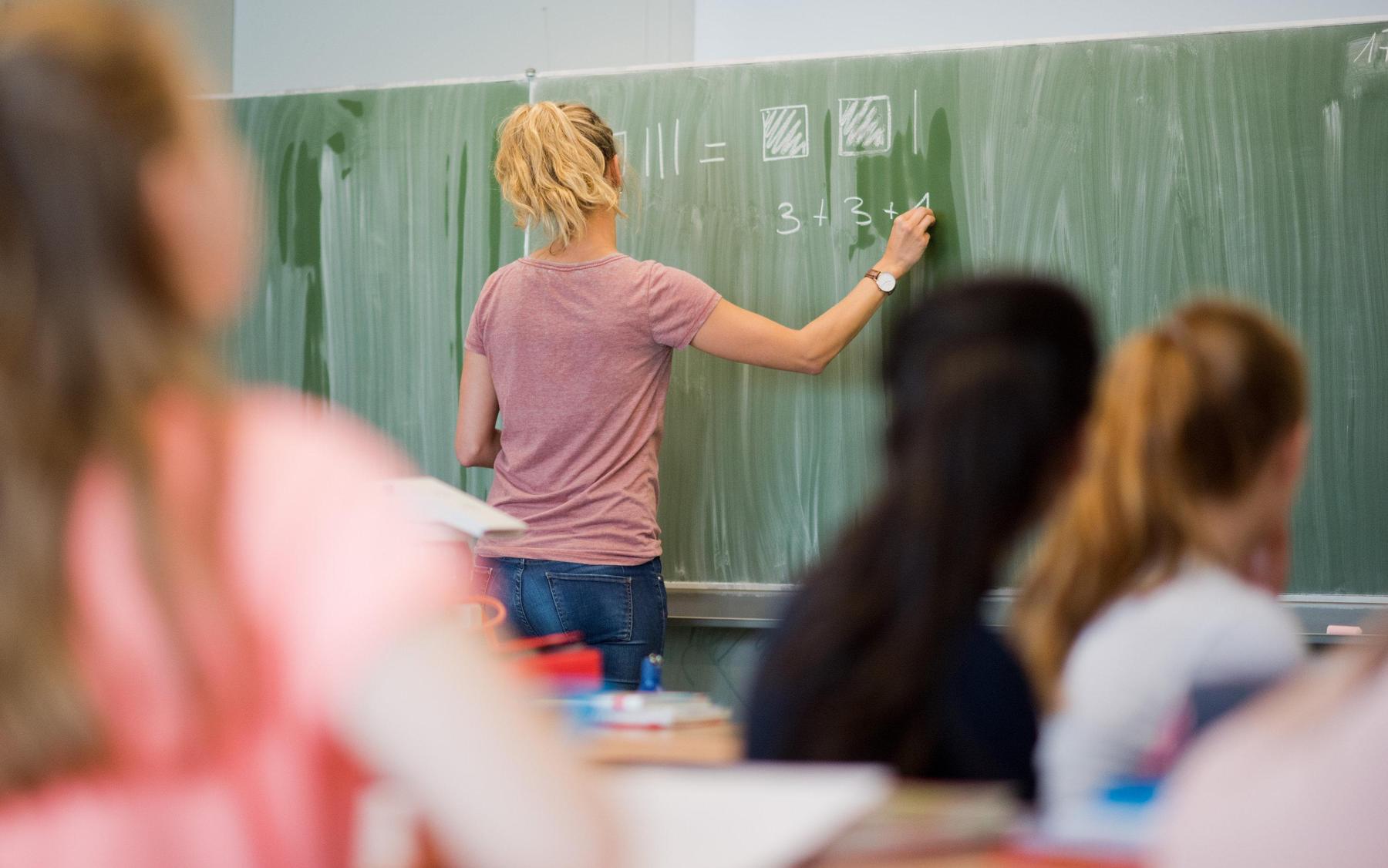Municipalities are alarm: young Syrians slide down to crime
/s3/static.nrc.nl/images/gn4/stripped/data132512196-7ca6ac.jpg|https://images.nrc.nl/7OnoZr5dTkUg6hpPXDwtK8Qub10=/1920x/filters:no_upscale()/s3/static.nrc.nl/images/gn4/stripped/data132512196-7ca6ac.jpg|https://images.nrc.nl/yL07e3l0nCOfqamRuU5wADurvfM=/5760x/filters:no_upscale()/s3/static.nrc.nl/images/gn4/stripped/data132512196-7ca6ac.jpg)
« Hey brother, how are you? » Badr (18) springs up as a security guard with braided Haren rises the terrace of the KFC for Utrecht Central. He hugs him. His friends Ibrahim, Ghani and Abbas all get a box from the man. The Syrian boys – in their own words all seventeen and eighteen years – are smoking on the terrace of the fast food restaurant. They speak by walking girls and listen to music.
« We are all stressed, » says Ibrahim, who, like the other boys, lives in a reception location outside Utrecht. « All Eritreans who have arrived at the same time with us are helped. They already have papers. Only with the Syrians is there a stop. There is nothing to do on the AZC. We come here to chill. Sometimes a joint to smoke to forget the stress. »
They are young, just in the Netherlands and under the supervision of the government, but are already with one leg in crime. Various government agencies are very concerned about Syrian minors who came to the Netherlands without parents. Some of these young Syrians are involved in thefts, (drugs) nuisance and various organized fights spread throughout the Netherlands.
Mayors of the big cities of Groningen and Utrecht have asked extra help at the Ministry of Asylum and Migration for this target group to prevent them from drifting further, they tell NRC.
Some of these young Syrians are involved in thefts, (drugs) nuisance and organized fights spread throughout the Netherlands
The worries can be seen in the national Top X list, which maps notorious nuisance asylum seekers on behalf of the Ministry of Asylum and Migration. There are almost 1,200 nuisance on the list: half of them come from Syria. More than a third of the list concerns minors, according to recently published figures. Those are only the minors who live at COA locations.
According to a person in the national approach, there is « a clear shift » within the Top-X list: « There are more and more chance of asylum seekers from Syria in particular on the list, because they are in shelter for too long. »
Syrian children have been the largest group of unaccompanied underage foreigners (AMV) for years. Of the approximately four thousand minors who came to the Netherlands on their own last year, almost two thousand were of Syrian origin. The young people live in locations of the COA and guardianship organization Nidos. For half a year, supervisors have noticed that their behavior is ‘hardened’, according to an internal signal from the Nidos. Some of the young people would accept a « street mentality » in which « punishing violence » plays a role.
Fights
An important gathering place is the Utrecht station. « They come everywhere from the country here, » says Mayor Sharon Dijksma. The municipality has 94 multi -offenders who live in asylum reception locations. It is mainly Syrian youth, says Dijksma. « They are involved every week in shoplifting, intimidation, drug use, fights. Rooks are being organized. In recent weeks we have had to scale up enormously in police deployment and BOA supervision. A few weeks ago we had evenings that the police really had to go on Line on the Stationsplein for a very big fight.
In the past few weeks, four large fights also took place in Groningen between Syrian youth. About thirty young people fought each other and the fight had to be ended by the police. « They tackled each other with sticks and knives, » says mayor Mirjam van ‘t Veld in Groningen. Ten Syrians from the group were offered an area ban for large parts of Groningen. « The youngsters come from all over the Netherlands and got to know each other somewhere in the asylum system, » says Van ‘t Veld. « They have received a conflict and fight it out in different cities. »
They come everywhere from the country here
The origin of the conflict is unclear. Arnhem, Nijmegen, Tilburg and Utrecht have to deal with similar problems, says Van ‘t Veld. She wants to talk to the ministry as soon as possible about the problems with the Syrian AMV people. « As a child, these young people have fled from a war zone without parents. They need guidance and boundaries. But the reality is often that they end up in a sober emergency shelter where they do not get it. That is asking for problems. »
The Utrecht mayor Sharon Dijksma has also raised her concerns at the ministry. « There must really be a national collaboration for these Syrian youngsters: who are the young people? Where do they roam? We have a sharp focus in Utrecht, but we should better map that out nationally. And what does she move? If we know better, we can also help. »
Dijksma has also addressed reception organizations COA and Nidos on it. « We said to the COA and Nidos: Listen friends, this is no longer possible. We have weekly incidents with people who live with you, mainly minors of whom many of whom are from Syria. They are here under dangerous circumstances. While the question is: what does a fifteen-year-old here at ten o’clock in the evening? He must be in his bed in a nidos house. Fleeing for an unpleasant situation: a shelter where there is little to do and a lack of pedagogical attention. ”
Photo Mona van den Berg
‘Care ban’
The Syrians on the terrace of the KFC in Utrecht have lived in many places in the Netherlands: in large -scale asylum seekers’ centers, in small -scale shelters of the Nidos, in the ‘Enforcement and supervisory location’ for nuisance people, and in prison. Some have a ‘care ban’ and live on the street.
« Look this man. » Ibrahim (17) points to his friend Abbas: « He is from Syria and has been in the Netherlands for two years, but is not allowed in shelter. » Abbas misses a large part of his two front teeth and wears a training suit from Lacoste. He shows a piece of paper on which his name and date of birth are: 01-01-2000. But the year of birth is not correct, he says. « The IND made that up. »
He was actually born in 2007, he says. His family has left in Syria. « My mother is sick. I have epilepsy. I need help. » Abbas is homeless. He is no longer welcome in any daycare, he says. He was in prison several times, and next month he has to appear again in court for theft. Abbas shows a court letter on his phone.
Badr has also been put out of shelter. It is white and lean and wears a shiny jacket on this warm spring day. A few months ago, Badr got into a fight with his supervisors from the Nidos and then « broken » the house. « The glasses, the table … » he was put on the street, slept in Hoog Catharijne and there his problems got worse. He started drinking and using drugs and heavy medicines: Lyrica – a pill against epilepsy with a calming effect. « That makes you calm, » he says. The pills are addictive according to care institution Jellinek and can be fatal in combination with other means.
Ibrahim, Abbas and Ghani also use the tranquilizer. Ibrahim shows a photo of strips with red -white pills, spread over a rug. They buy the medicines from dealers at the bottom of the station, he says: « opposite the supermarket. » The dealers ask ten euros for six pills. But you can also pay with stolen things, Ghani says: « They say: » Steal this for me, steal that for me. « No problem: I steal everything. Eating or drinking at the Albert Heijn, clothes at the JD, perfumes at the Douglas. When the alarm goes away, I run away. »
Read also
Here, asylum seekers can learn Dutch tíjdens waiting for the IND
Exploitation
Within the Nidos and the COA, it is feared that the young people end up in criminal circuits – exploitation is lurking. COA employees constantly see ‘disappearing’ from the shelter and later popping up with a lot of money and expensive things. They are often arrested for (attempted) theft. According to an internal report from the Expertise Center for Human Trafficking & Human Smuggling, this would indicate that they are encouraged to steal. There are also concerns about sexual exploitation: there is a criminal investigation into a suspect who would have forced Syrian youth from Dutch shelters to prostitution.
Badr, Ibrahim, Ghani and Abbas have all been picked up for a shoplifting, they say. Ghani is not allowed to visit the shops on the Lijnbaan in Rotterdam, and Badr is not allowed to enter Hoog Catharijne for the time being, after being arrested for robbery. Badr points to the entrance to the shopping center. He was drunk and robbed a woman from her bag. « Half an hour later I was arrested. » Badr was sentenced to two months in prison, he was out in Nieuwegein. Now he gets a new chance in another Nidos shelter, he says. But he is not very hopeful. « They don’t even know where I am. » He rolls up his sleeve and shows a row of scars on his arm. « Every time I get into trouble, I cut myself. »
Give us a house, guidance, cooking, was our clothes. We want help, we don’t want this life
Ghani has not been to daycare for four days, he says, « but no one asks me how I am doing. »
« Do you want to solve our problems? » Asks Ibrahim. Without waiting for the answer: « Give us a house, guidance, cooking, was our clothing. We want help, we don’t want this life. » In Syria you have your father, he says, he takes you to the pool. « Nidos says: I am like your father, but the supervisors do nothing. I now have one buddy coach and he is good, but he is only two hours a week for me. »
Ghani nods. « I recently asked my supervisor for help, then she said: sorry I’m on vacation. »
/s3/static.nrc.nl/images/gn4/stripped/data132512218-8b0660.jpg|https://images.nrc.nl/UM-fSvCYEprGdmN4vYTa_RuqJj0=/1920x/filters:no_upscale()/s3/static.nrc.nl/images/gn4/stripped/data132512218-8b0660.jpg|https://images.nrc.nl/JqiTyiTuR_0i--uC8l_lMHI__rk=/5760x/filters:no_upscale()/s3/static.nrc.nl/images/gn4/stripped/data132512218-8b0660.jpg)
Photo Mona van den Berg
No permit
The boys admit that they are difficult to support. Their supervisors insist that they should go to school, an international link class, but they refuse. What is the point, they say. « We don’t get a permit anyway. » Applications from Syrians have not been dealt with since last December, until it is clear whether they can return to Syria.
Sometimes the compulsory education officer calls, says Ibrahim. « They then say: you get a community service if you don’t go. But I said I am not going. »
The COA and Nidos acknowledge that there are problems with Syrian youth, but emphasize that it only concerns ‘part’ of the group. How much they don’t say. Incidents are not registered on nationality, says Nidos. According to both organizations, the problems are caused by, among other things, the long waiting times of more than two years. Staying at large -scale reception locations would also have a ‘negative impact’ on the young people.
Sources within the guardianship organization confirm that it is difficult to get the unaccompanied minors to school. If they notice that the young people do not go to school or slip, they report this to the parents in some cases. « One of the instruments is that we call their parents in Syria. If they say to them, » Go to school! « That can help. »
It makes the boys at Utrecht Central angry. Ibrahim, indignant: « They just tell your parents when you use drugs! »
His friends have suddenly disappeared. Ibrahim points to a police car that slowly rises the station square. « Everyone is gone, » he says full of Bravoure. « I told you anyway, I know how it works here. »
Read also
More and more minor refugees are coming to the Netherlands on their own

:format(webp)/s3/static.nrc.nl/wp-content/uploads/2024/10/03152245/data122545114-a87c0f.jpg)
:format(webp)/s3/static.nrc.nl/wp-content/uploads/2023/12/web-2112binminderjarige-vluchtelingen.jpg)
/s3/static.nrc.nl/images/gn4/stripped/data132222651-5f11b8.jpg|https://images.nrc.nl/Xj-SbR-ukgX2uYePOifJZyUJX1A=/1920x/filters:no_upscale()/s3/static.nrc.nl/images/gn4/stripped/data132222651-5f11b8.jpg|https://images.nrc.nl/DQQN0zs4TSUGmCFrsf_mhKR3-ZQ=/5760x/filters:no_upscale()/s3/static.nrc.nl/images/gn4/stripped/data132222651-5f11b8.jpg)
/s3/static.nrc.nl/images/gn4/stripped/data132518484-9caae9.jpg)
/s3/static.nrc.nl/images/gn4/stripped/data132518834-9ea30f.jpg)




